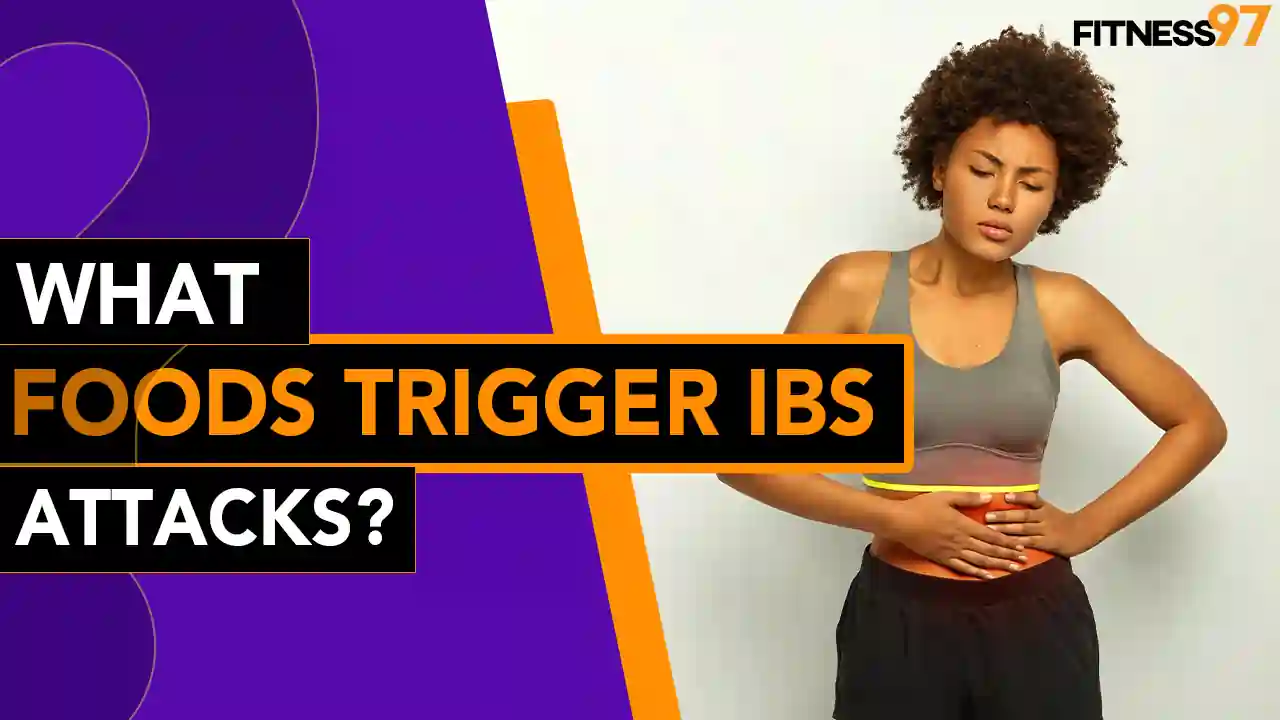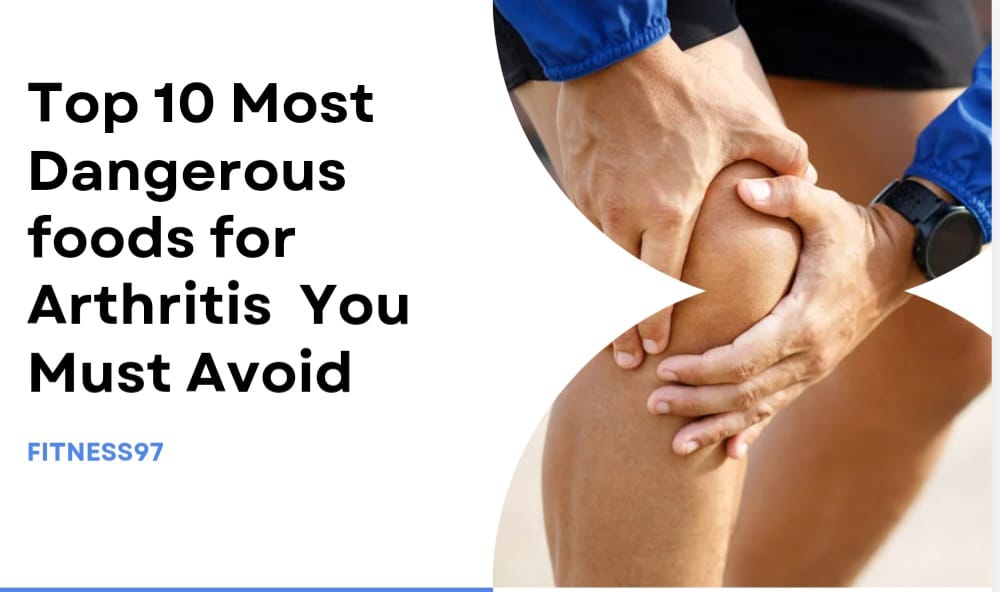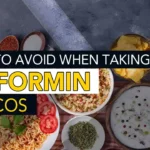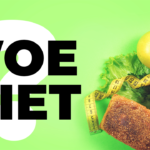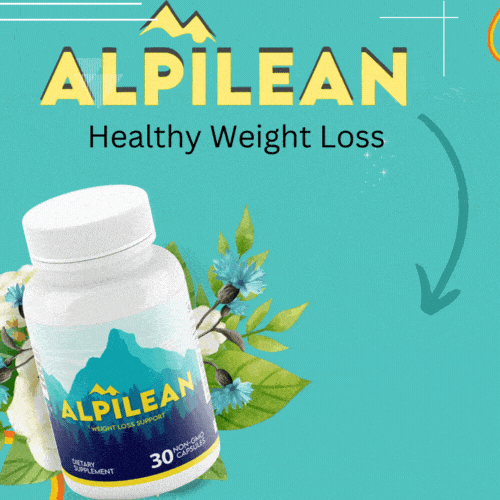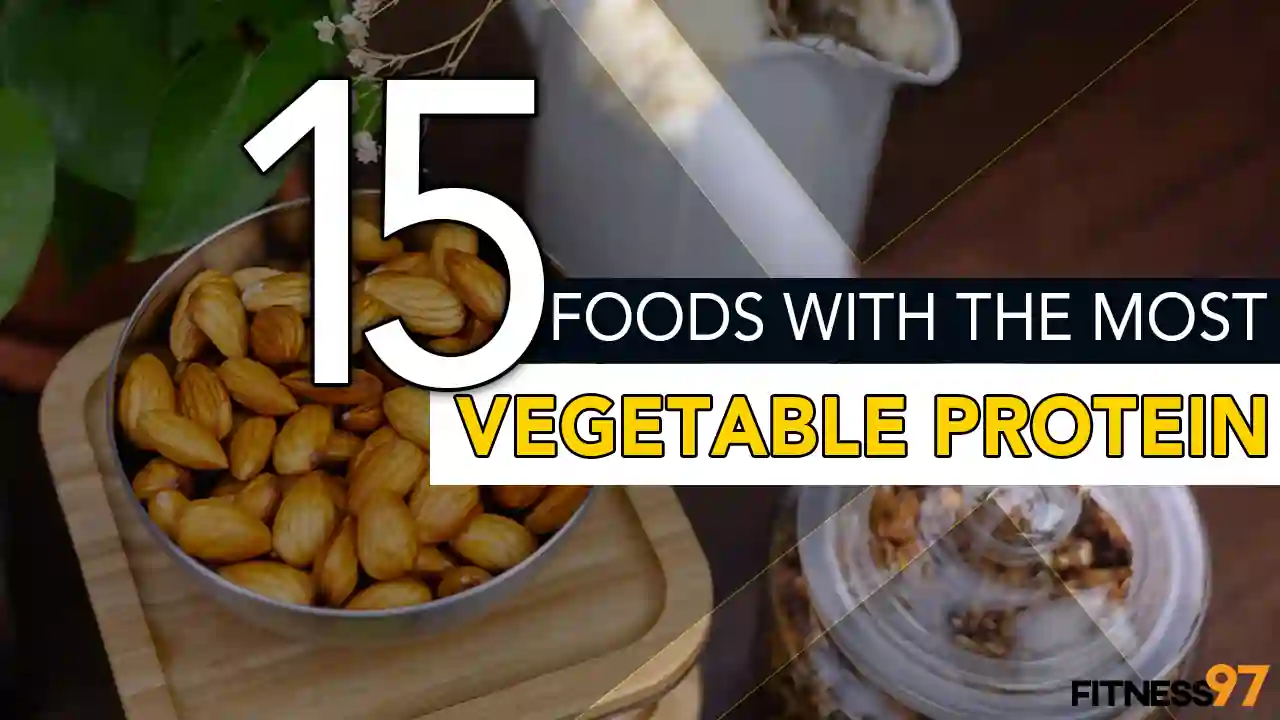Irritable Bowel Syndrome (IBS) is a very common problem and people with IBS find many foods irritating their stomachs. When you have IBS, the last thing you’d like to do is to consume the foods that trigger your symptoms. It is important to know what foods trigger the IBS attacks so that you could avoid those foods and rather consume the foods that are good for IBS. So, let’s have a look at what foods trigger IBS attacks.
What is IBS?
Irritable Bowel Syndrome affects the intestines and stomach, causing discomfort in the gastrointestinal tract.
Symptoms of IBS
The common symptoms of IBS include:
- Abdominal pain
- Bloating
- Diarrhea
- Constipation
- Gas
- Cramping
The symptoms of IBS can be managed through diet and changing lifestyle. Let’s see how can you manage these symptoms and what foods should be avoided that trigger IBS attacks.
What Foods Trigger IBS Attacks
The foods that trigger IBS attacks are:
1- Dairy
Dairy is known to trigger IBS for many reasons. Dairy is high in fat and can result in diarrhea. Many people that have IBS are also lactose intolerant, so the lactose in milk is not broken down by lactase and goes undigested into the large intestine. The intestinal bacteria ferment the undigested lactose and produce gas.
2- Insoluble Fiber
Normally fiber is good for your health but in the case of IBS, the insoluble fiber found in whole grains and vegetables should be avoided as it triggers IBS attacks. Examples are:
- Wheat bran
- Rice bran
- Whole wheat flour
- Whole grain
- Nuts
- Cauliflower
3- Beans and Legumes
You should avoid the consumption of beans & legumes because the oligosaccharides present in them are hard and resistant to digestion by the enzymes of the intestines. When they are not properly digested, they can cause gas and bloat.
4- Processed Foods
All processed foods contain large amounts of added salt, fat, and sugar in them. They are also made with some preservatives and additives that can lead to trigger IBS attacks. Common examples of processed foods are:
- Fried foods
- Chips
- Savory snacks
- Breakfast cereals
- Cakes
- Biscuits
- Cookies
5- Fatty and Fried Foods
Fatty foods are the worse triggers for IBS. Fats take the longest time to get digested, and this increases the gastrocolic reflex, increasing intestinal contractions that affect your IBS symptoms. The common fatty foods to avoid are:
- Cheese
- Cream
- Butter
- Fatty meats
- Fried items
6- Some Cruciferous Vegetables
Cruciferous vegetables can increase the IBS symptoms. Some of these vegetables are difficult to digest as they contain raffinose, which stays undigested, and the gut bacteria ferments on it. They are also high in sulfur which irritates the gut. For example:
- Broccoli
- Cauliflower
- Cabbage
7- Caffeinated Drinks
All caffeinated drinks and beverages contain caffeine and are known to trigger IBS attacks. it is a stimulant that increases gut movements. These stimulating effects on the intestine trigger diarrhea in IBS.
8- Alcohol
Consuming alcohol causes IBS flare-ups because it irritates the gut, and causes dehydration which can affect the process of digestion. Moreover, some alcoholic drinks contain sugar and gluten in them which are risky triggers for IBS.
9- Chocolate
All sorts of chocolate and choco bars have alot of sugar and fat content. They also contain caffeine and lactose that triggers IBS symptoms.
10- Sugar-Free Sweeteners
When it comes to IBS, even sugar-free foods are not good. Sugar-free sweeteners like sugar alcohols, zero-calorie stevia, and artificial sweeteners are not suitable for IBS. Sugar alcohols are hard to digest and absorb, especially in IBS. These sugar substitutes are used in many foods like
- Gums
- Candies
- Biscuits
- Diet drinks
What to Eat In IBS?
Avoiding all the foods mentioned above, you can still eat many foods like:
- Lactose-free dairy.
- Foods with soluble fiber like beans, oats, and fruits (kiwi, oranges, berries, bananas, grapes, etc).
- Quinoa, rice, and millet.
- Fish.
- Lean meat and tofu.
- Eggs.
- Hard cheese.
- Vegetables like carrots, cucumber, spinach, kale, pumpkins, lettuce, eggplant, celery, and sweet potato.
- Seeds like pumpkin, sesame, and sunflower.
Conclusion
The foods that trigger the IBS attacks include dairy, foods with insoluble fiber, beans, legumes, processed and fried foods, some cruciferous vegetables, chocolates, sugar-free sweeteners, all caffeinated drinks, and alcohol. These foods worsen the IBS symptoms like gas, bloating, diarrhea or constipation and should be avoided.

I look up to fitness as a lifestyle and love to pen down about it. I have 2 years of experience in content writing and I am here to share my research and knowledge on health and fitness.

